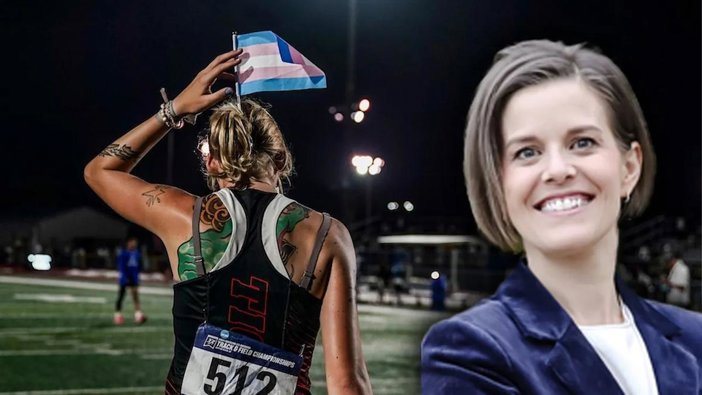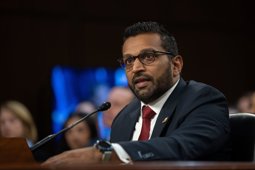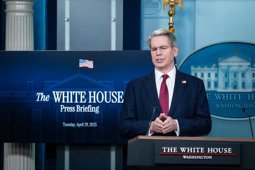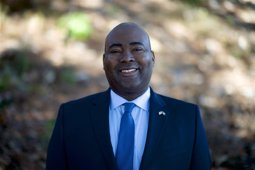
Bondi, DOJ Support Libby’s Supreme Court Appeal
Pam Bondi and the DOJ support Maine Rep. Laurel Libby’s Supreme Court appeal over her censure following a post about a transgender athlete.
Supreme Court Petition Gains National Support
Maine state Representative Laurel Libby is receiving high-profile backing in her legal challenge to overturn a legislative censure that stripped her of voting and speaking rights. Former Florida Attorney General Pam Bondi and the U.S. Department of Justice (DOJ) have voiced support for Libby’s petition to the U.S. Supreme Court, which seeks to reinstate her rights following state-level rulings against her.
Libby was censured in February by the Democrat-controlled Maine legislature after she published a social media post identifying a transgender high school athlete who had won a girls' pole vault event. Libby argued her post echoed previously published information and has refused to apologize for it, triggering a legislative rule that bars censured members from participating in floor votes or debates unless they offer a formal apology.
The DOJ has filed an amicus brief on Libby’s behalf, asserting that the censure violates the Equal Protection Clause and effectively disenfranchises her constituents. “Stripping District 90’s voters of their house representation and vote because their chosen representative will not apologize for fulfilling this obligation is well beyond the bounds of an appropriate sanction,” the brief reads.
Bondi and DOJ Defend Libby’s Position
Bondi issued a strong statement supporting Libby, saying, “The Department of Justice is proud to fight for girls in Maine and stand alongside Rep. Libby, who is being attacked simply for defending girls in her home state.” Bondi linked Libby’s case to a broader campaign against what she described as “radical gender ideology,” vowing to “always protect girls’ sports and girls’ spaces.”
DOJ Assistant Attorney General for Civil Rights Harmeet Dhillon also weighed in, calling the legislature’s action unconstitutional. “The Maine House Speaker silenced Rep. Laurel Libby for refusing to apologize over her stance against male athletes in girls’ sports. This isn’t leadership, it’s unconstitutional,” Dhillon said.
Libby has remained defiant, stating that she will not apologize and emphasizing that her post referenced an athlete who was already named in local news coverage. Her legal challenge names House Speaker Ryan Fecteau and House Clerk Robert Hunt as defendants, both of whom are represented by Maine Attorney General Aaron Frey.
State Officials Defend Censure as Procedural
In their formal response, Fecteau and Hunt defended the censure, arguing that it was not an attack on Libby’s views but a procedural enforcement of House rules. “The censure resolution required Rep. Libby to apologize for her conduct—not recant her views,” the response read. “Her refusal places her in breach of a centuries-old rule of the Maine House.”
The rule in question, Rule 401(11), prohibits censured lawmakers from participating in legislative business until they “make satisfaction”—in Libby’s case, a formal apology.
The controversy comes amid a broader legal and cultural battle over transgender participation in sports. The DOJ, led by Bondi, is currently suing Maine over its policies on the issue, and Libby attended the April press conference announcing the legal challenge. The state’s Democratic leadership, including Governor Janet Mills, has resisted federal efforts to enforce restrictions on transgender athletes.
Public opinion may be shifting in Libby’s favor. A recent poll by the American Parents Coalition found that 63% of Maine voters support basing school sports participation on biological sex. Among parents with children under 18, that number rose to 66%. Additionally, 60% said they would support a ballot initiative limiting girls’ and women’s sports to biological females.
The Supreme Court has not yet indicated whether it will take up Libby’s appeal. However, with national voices joining the fray and public sentiment weighing in, the case could set a significant precedent in the intersection of free speech, legislative authority, and gender policy.






